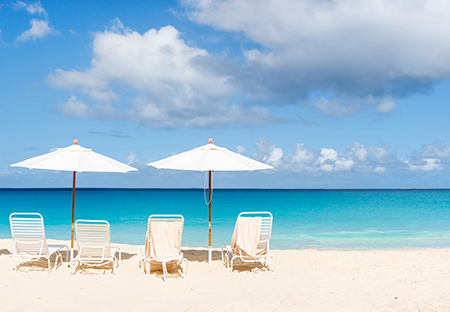The symptoms of jet lag are real…they include exhaustion, headache, and dehydration, disorientation, anxiety, indigestion — even impaired coordination. But, a survey done recently by a doctor working for British Airways found that more than two-thirds, 67%, of us don’t know how to manage jet lag…and that just 11% tackled jet lag the right way by getting the correct mixture of light exposure, food, fluid and exercise.
The survey also found that people used all sorts of inappropriate mechanisms to cope with jet lag ranged from ‘ignoring it’… ‘to drinking alcohol through it’. Those aren’t going to help! But here are a few things that might:
Sleep is good at countering the effects of jet lag, so getting extra sleep before a big trip helps. You can’t store a lot of extra sleep so it won’t carry through for three or four days, but for 24 hours, getting extra sleep helps.Drink plenty of water on the plane. And, avoid caffine and alcohol.
Get comfortable: remove your shoes; get your feet up, use earplugs, a blindfold, blanket, neck rest — whatever it takes.
Onboard, set your watch to destination time. Once you land, start eating and sleeping on the new schedule.
And studies show that exposure to bright light help resynchronize your clock; so try to expose yourself to bright daylight, without sunglasses, for at least 15 minutes as soon as you can.
Hopefully, these tips will help you recover more quickly from jet lag the next time you travel into a different time zone.
By Claire Newell, Travel Expert



